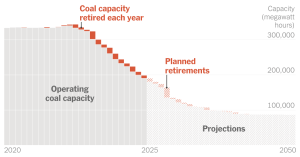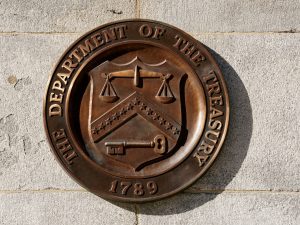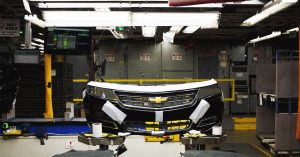WASHINGTON — Venture capitalists in the space industry are witnessing a shift in investment trends as startups once urged to focus on commercial markets increasingly pivot toward defense and intelligence applications to attract funding.
“One topic that has sort of started to emerge in the past couple of years, but really reached a head last year is the emergence of pure defense tech investing,” said Timur Davis, investment director at Munich Re Ventures.
The shifting dynamics between space startups and defense investment was a topic of discussion Feb. 5 at the annual SmallSat Symposium in Mountain View, California.
The trend represents somewhat of a reversal from just a few years ago, when startups were encouraged to prioritize commercial applications, Davis said. Space industry firms like Voyager, Planet and Redwire have recently announced expansions into the defense sector.
The shift comes as the Pentagon signals increased investment in space technologies. A case in point is President Trump’s “Iron Dome for America” executive order mandating planning for an advanced missile defense shield. “It’s basically a ton of space sensing on the one side, and then you need a ton of hypersonic interceptors,” said Raphael Roettgen, founding partner of E2MC.
In the Earth observation sector, over 80% of the market already serves defense and intelligence needs, according to Chris Thein, CEO of satellite startup EOI Space. “We’ve definitely seen a shift in VCs that have interest in that, which is helpful for us,” he noted.
‘Don’t get caught up in fads’
However, industry veterans caution against chasing defense dollars without proper consideration. “Your mission is to build a product or service that adds value to someone. Don’t get caught up in fads,” Roettgen warned, drawing parallels to the 1990s internet bubble.
Meagan Crawford, founder of SpaceFund, noted that cash flow remains a major concern for space startups and for many, “it’s about that ever-important next contract payment from the U.S. government customer,” she said
The defense pivot brings its own challenges, she noted. Some startups’ cash flow issues, for example, stem from delayed government payments and complex regulatory processes. “I have seen more times than I can count startup company CEOs ready to have a panic attack or a heart attack because a contract payment that was supposed to come through is held up,” said Crawford.
Some executives advocate for a balanced approach. Ari Juster, chief operating officer of Starfish Space, argued against pivoting merely to follow trends, whether in defense or AI. “You really have to anchor your business to what are the problems that I’m solving for my customers,” he said.
The U.S. Space Force’s doctrine of leveraging commercial providers has created opportunities for various business models. “There’s really a lot of ways, whether you’re 100% focused on defense or dual use, to be able to be true to yourself … and also leverage what’s really a critical national security need,” said Greg Smirin, president of satellite manufacturer Muon Space.
Michael Brown, partner at Fenwick & West, said he welcomes the broader attention on space innovation but cautioned that investors can distinguish between genuine defense capabilities and superficial pivots done “for the purposes of a shiny deck.”
Panelists at the conference said the industry for now appears set to continue its trajectory toward increased defense focus, driven by both market realities and investor preferences. As Noel Rimalovski of GH Partners put it, successful space companies are increasingly catering to defense and intelligence sectors “because that’s where the money is.”







